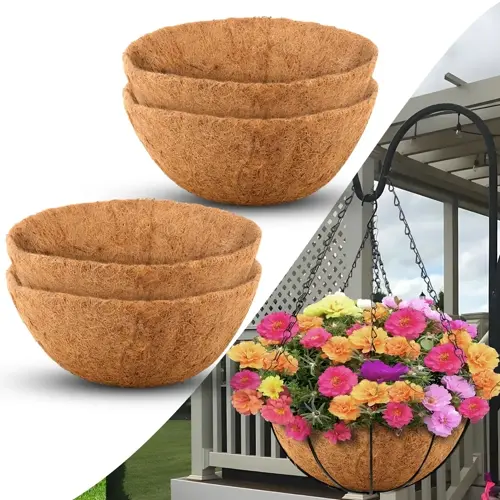Is saving heirloom seeds illegal?

Written by
Benjamin Miller
Reviewed by
Prof. Martin Thorne, Ph.D.By understanding the legality of saving seeds, gardeners can have peace of mind. The US Plant Variety Protection Act allows you to save and share heirloom seeds. It protects that right as long as it is for non-commercial use, which, we must note, applies only to heirloom seeds. Passed in 1970, this legislation acts as a legal safety net for preserving agricultural heritage. Additionally, community seed swaps, which can happen anywhere in the country, will help foster local food resilience and are entirely legal.
Federal Safeguards
- Plant Variety Protection Act §2543: non-commercial saving exemption
- Seed sovereignty provisions in 30+ state agricultural codes
- No patent restrictions on pre-1970 heirloom varieties
International Treaties
- ITPGRFA Article 9: farmers' seed rights recognition
- UN Declaration on Peasants Rights seed sovereignty clauses
- EU Conservation Variety legislation protecting regional seeds
Community Protections
- Local seed library networks operating legally nationwide
- Non-profit status for organizations like Seed Savers Exchange
- Indigenous seed keepers' traditional rights recognition
Practical seed saving adheres to simple ethical rules. Only use and save *heirloom varieties* that are clearly marked OP (open-pollinated) after their name and not patented or genetically modified seeds that have restrictive labeling after their names. I host an annual community seed swap and use clearly documented provenance, saving all the "who's" in many nations' lineages. This not only protects the participants conducting the swap, but also provides a great sense of preserving diversity.
When it comes to legal definitions, patented seeds are entirely different from heirloom seeds. Corporations impose limitations on patented seeds as part of a technology agreement, which is outlined in contract law, not criminal law. You have a reasonable expectation of privacy in your garden, and saving seeds can fall into the personal use exemption. Only propagating seeds for commercial sales violates the patent terms. This is a valuable difference.
Begin with confidence to preserve seeds today. As a next step, sign up for the Seed Savers Exchange network to access validated heirlooms. They document varieties throughout the country in an online database. Local libraries often host seed swaps. Seek regional adaptive seeds (known varieties) and share your true heirlooms, such as Cherokee tomatoes. Your participation in the seed swap contributes to everyone's right to food sovereignty.
Read the full article: Heirloom Seeds Definition: Core Insights

